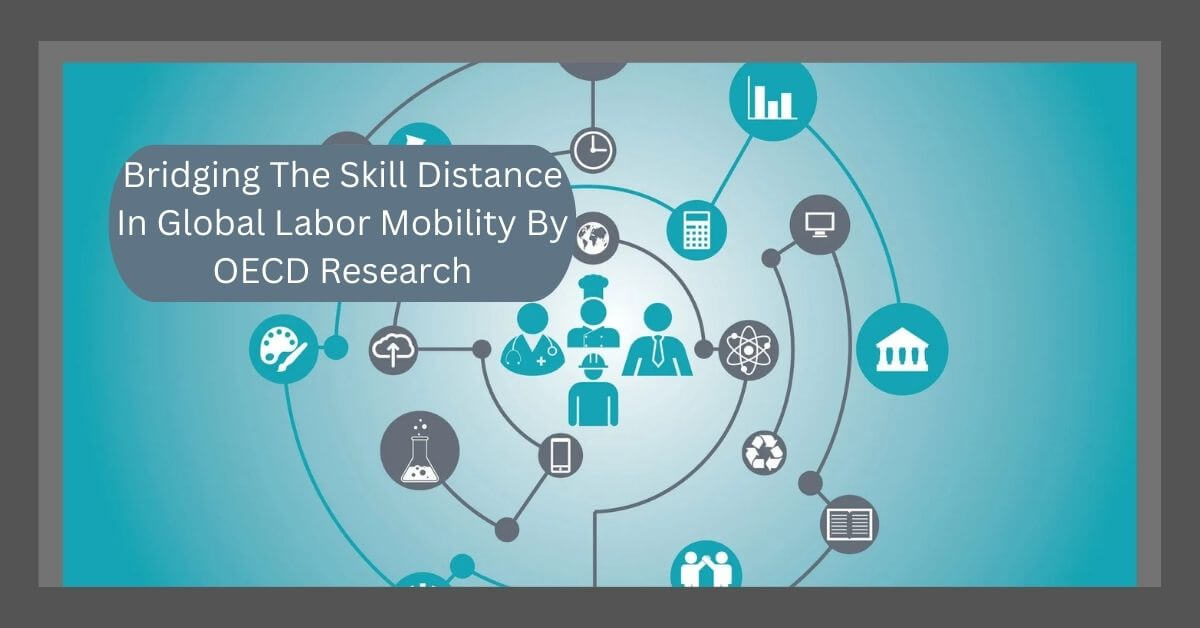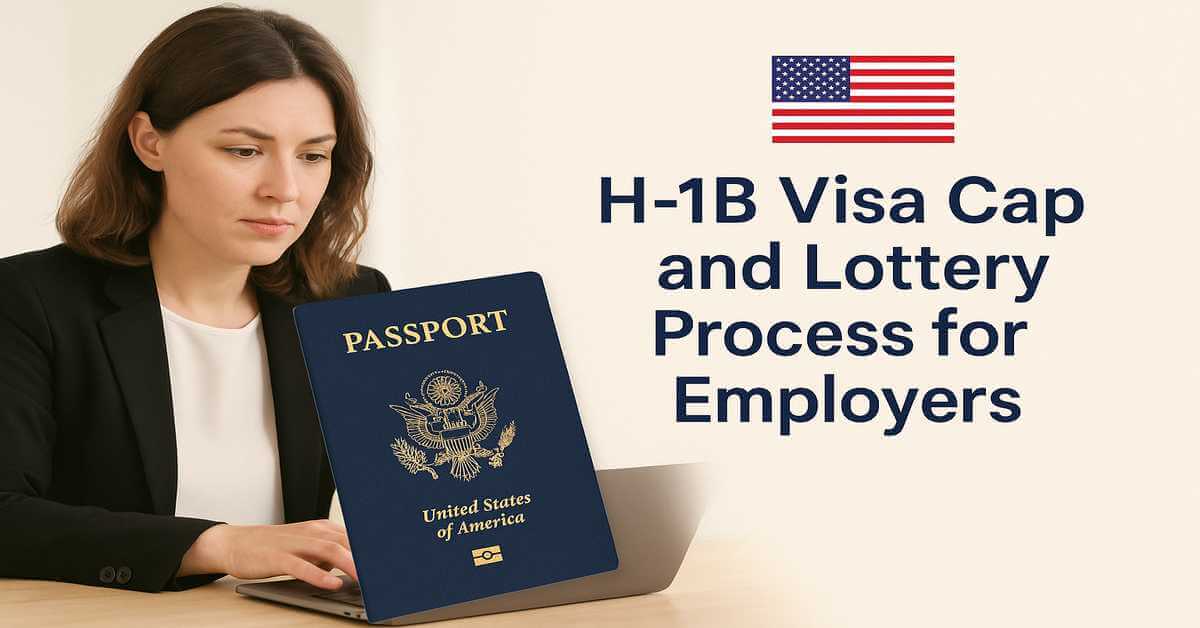A federal judge has temporarily halted the Trump administration’s effort to eliminate birthright citizenship for children born in the United States to undocumented parents and student visa holders. The ruling, issued in response to a class-action lawsuit filed by the American Civil Liberties Union (ACLU), revives a significant legal battle over constitutional protections under the 14th Amendment.
The judge’s nationwide injunction applies to babies born. However, the order is stayed for seven days to allow the government to file an appeal. This decision emerges as one of the few remaining legal avenues for issuing broad relief after the Supreme Court’s recent ruling that limited the scope of nationwide injunctions.
Trump Signs Immigration Enforcement Spending Bill:
On July 4, President Trump signed into law a sweeping tax and spending bill that allocates $170 billion to expand immigration enforcement, detention facilities, and border security operations.
Key funding provisions include:
- $45 billion for ICE detention centers
- $46.5 billion for new border wall construction
- Substantial new fees on asylum applications, humanitarian parole, and appeals—some increasing by as much as 700%
Critics argue these costs could restrict due process for many immigrants and place new burdens on low-income individuals and families. The legislation also introduces tighter restrictions on health care and food assistance for millions of immigrants and mixed-status households.
While supporters assert the measure will “supercharge” immigration enforcement, experts caution that limited agency capacity and already overwhelmed immigration courts could delay its full implementation.
U.S. to End Temporary Protected Status for Hondurans and Nicaraguans:
The Trump administration has announced plans to terminate Temporary Protected Status (TPS) for over 70,000 immigrants from Honduras and Nicaragua. The move is part of a broader policy shift aimed at scaling back humanitarian protections and expanding deportation efforts.
Many TPS holders from these countries have lived in the United States since the 1990s and have established deep ties to local communities. Homeland Security Secretary Kristi Noem stated that improved conditions in both nations justify ending the program. However, critics warn that terminating TPS will uproot families, disrupt communities, and negatively impact local economies dependent on immigrant labor.
Check Also: H-1B Visa Cap and Lottery Process for Employers
Green Card Replacement Wait Times Surge Nearly 1,000%:
New data from U.S. Citizenship and Immigration Services (USCIS) shows dramatic increases in processing times for green card renewals and replacements (Form I-90). From January to March 2026, median wait times skyrocketed from under one month to over eight months—a nearly 1,000% jump in a single quarter.
At the end of Q2 Fiscal Year 2026, more than 356,000 green card replacement applications remained pending. USCIS now estimates that 80% of these cases could take over a year to process. The backlog reflects both increased application volumes and the administration’s intensified immigration enforcement policies.
The delays leave many lawful permanent residents in legal limbo, facing significant challenges in proving their status for employment, travel, or access to services.
Shrinking Immigrant Workforce Raises Economic Concerns:
A new jobs report highlights growing risks to the U.S. economy stemming from declining immigration levels and reduced labor force participation among foreign-born workers. While overall unemployment rates remain low, the number of immigrant workers has fallen by over 735,000 since January.
Economists, including Federal Reserve Chair Jerome Powell, attribute this trend largely to the Trump administration’s restrictive immigration measures, such as mass deportations, termination of humanitarian parole programs, and limits on refugee admissions.
Sectors like healthcare are particularly affected, facing severe staffing shortages as work authorizations lapse and immigrant workers exit the labor force. Additionally, recent research challenges claims that reducing immigrant labor boosts wages, indicating that wage growth has slowed in industries historically reliant on immigrant workers.
Frequently Asked Questions:
Is it free to receive Boundless Weekly Updates?
Yes, subscribing to the Boundless weekly newsletter is completely free.
What is the Boundless Immigration Weekly Update?
It’s a weekly newsletter/email update provided by Boundless Immigration that summarizes important U.S. immigration news, policy changes, and visa processing updates.
Who should subscribe to the newsletter?
Anyone going through the U.S. immigration process (e.g., green card applicants, spouses of U.S. citizens, DACA recipients, visa holders), immigration lawyers, or those interested in U.S. immigration policy.






